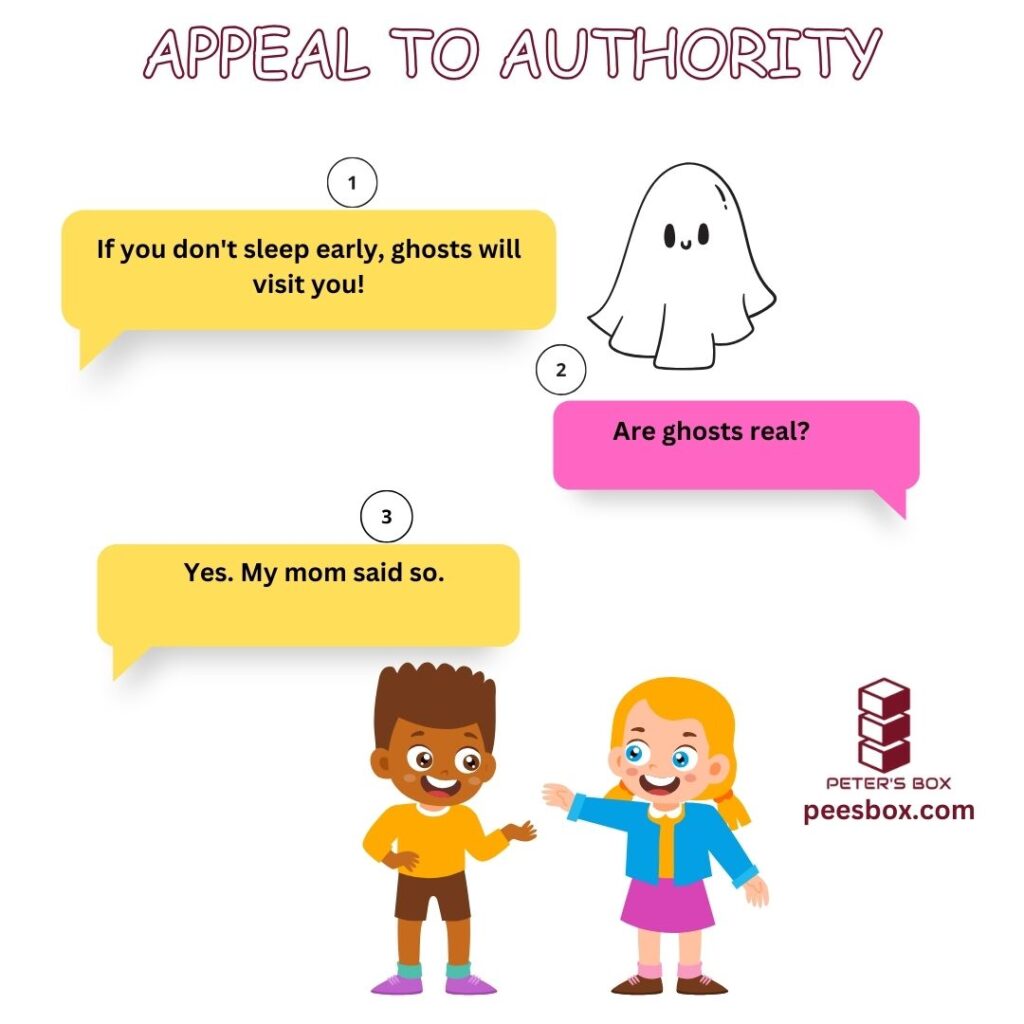Since the 2024 presidential election two and a half weeks ago, I have thought a decent amount about what, if any, underlying values are necessary for people to both be able to vehemently disagree with one another, while at the same time genuinely respect their experience and viewpoint.
A lot of assertive ideas have been bandied about as universal starting points, only to have a huge portion of the country utterly toss them out as bogus. Some common refrains I hear from a variety of sides:
- Trust the experts – What qualifies someone as an expert? What if the experts disagree? What if the experts are disconnected from the average person’s experience?
- Have faith in God’s plan – Can we prove God even exists? How can we be sure we are interpreting God’s plan correctly? What if God’s plan turns out to be evil?
- Believe in science – Why is science any more valid as a starting point than faith? Who decides when scientific consensus is reached? How can science instill values?
- Avoid extremes – What if an extreme position is the right position in some cases? Who decides what is extreme? Wouldn’t this cause us to shift values every time we visited a different culture?
- Use common sense – Does this essentially mean just trust our gut? If someone else’s gut doesn’t align with ours, does that mean they have the wrong type of common sense? What if Einstein was right when he said,
- Do what’s right – How can we know our feelings of morality are anything more than just saying “Boo!” or “Hooray!” in reaction to certain ideas and actions? If what is right is not dependent on what we feel, to whom should we sell our soul: Our perception of God? Pure rationality? Popular consensus?
- Avoid tribalism – How big does a group have to be before it becomes a tribe? Isn’t unity a desirable quality? If ancient human survival depended on being part of a group, are we asking people to discard an essential part of what it means to be human?
To be fair, I have used all of these refrains at one time or another in my life. Usually I would preface them with the word ‘just’ to emphasize the seeming simplicity of it all. Just trust the experts! Just have faith! Just use some common sense! Just do what’s right! It’s as if I thought the answer to all life’s problems could be illuminated in a single-sentence epiphany.
Looking back on my usages of these talking points, one common thread stands out to me: Arrogance. I really have the audacity to believe that in my paltry time on earth, I have figured out for myself – much less FOR EVERYONE – the obviously simple truth that informs all behavior, all morality, or all truth? A truth that countless philosophers, scientists, politicians, and theologians have debated for eons?
No, I think the only way to experience a sense of connection that is independent of a person’s fundamental epistemology, political alignment, or personal values is to embrace humility. I’m not proposing this is easy; in fact, it might be one of the hardest mindsets to live out. No one likes uncertainty. However, if you care at all about wanting to understand people that are radically different from you or learn from experiences that are utterly foreign from your own, I don’t see another option.
Maybe you are thinking to yourself, “Nah, such-and-such is the truth and that is just the way it is!” If so, I would encourage you to try this simple exercise. Ask yourself the question, “How do I know?” If you can give a compelling answer, then ask the question again. Usually, it only takes about 4 of these queries to get to the point where you honestly have to admit, “I don’t know.”
That. That right there is the bedrock of humility.
Humility does not mean giving up your convictions. However, the recognition that we don’t have absolute certainty can at the very least instill in us some curiosity and compassion for the beliefs and practices of those that are fundamentally different from our own. It can bring some much needed grace into our lives and relationships.
For me personally, I would like to transform my reactive “that is stupid” response into a more humble, “Hmm, that doesn’t make sense to me. What am I missing?” Every time I have chosen to take this approach, I have never been unhappy I did so.
Namaste.




